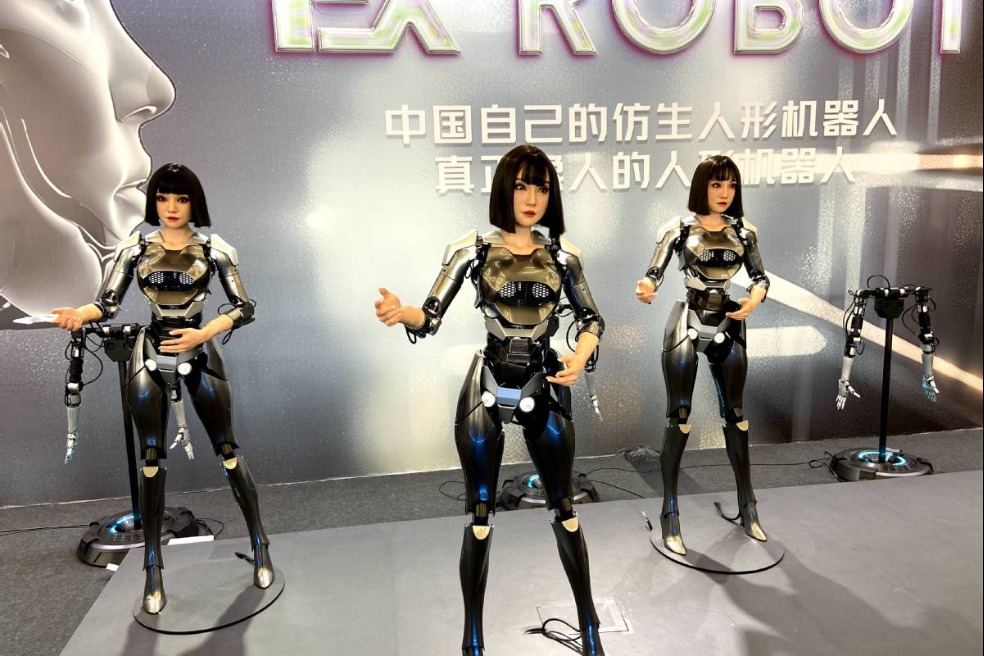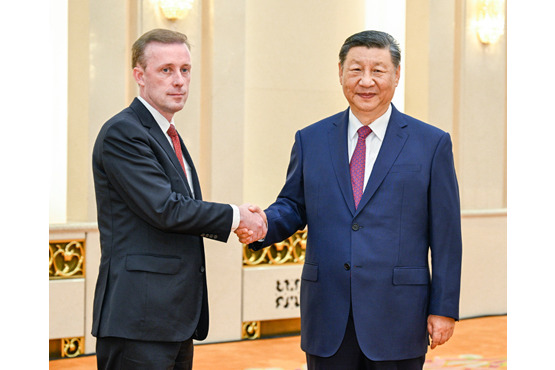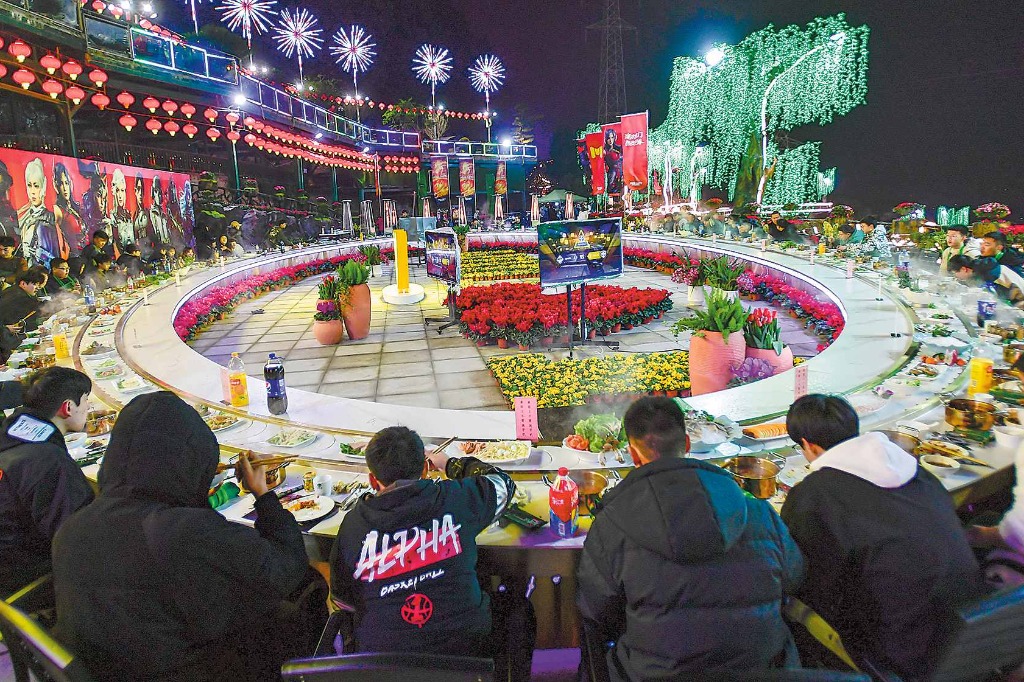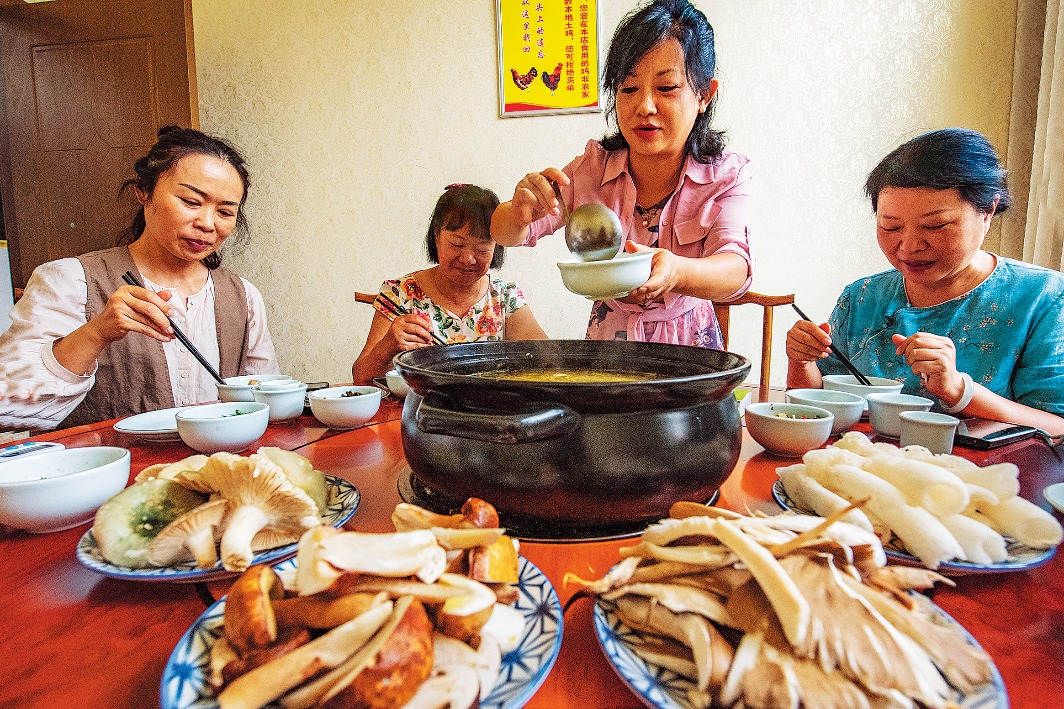Clarins sanguine on China's vast beauty market

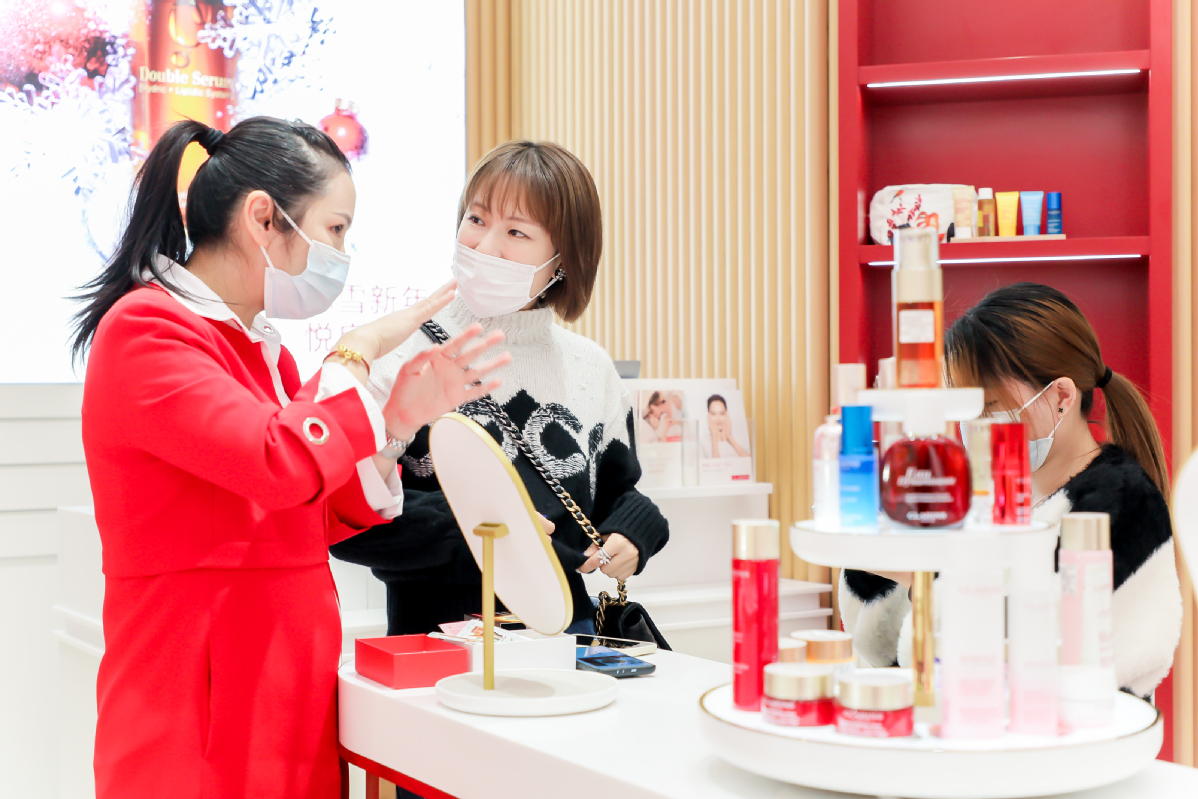
For Alan Zhong, executive vice-president of Chinese markets at Clarins, during the Chinese-version Valentine's Day gift season — two weeks around this year's May 20 — the company's growth was invigorated by Cupid's arrow.
In the past month, he and his team were busy tapping soaring demand generated by China's feel-good driven beauty-savvy consumers, who are fond of pampering themselves by purchasing skincare and cosmetics products and services.
With the help of the winged cherub, the company's sales in China, both online and offline, had been growing steadily, and so had its market share.
"For this year's May 20 gift season, we launched a limited-edition gift box, containing our hot-selling skincare suit, liquid foundation and lip oil. Between May 13 and May 20, consumers dropped by our stores constantly, hoping to get gifts for loved ones, or just themselves," said Zhong, who leads the Chinese arm of French skincare and makeup company Clarins Group.
Speaking of China's current cosmetics consumption backbone, Zhong said: "In China's beauty consumption sector, we are witnessing an increase in the ratio of post-95s and post-00s consumers-to-consumers as a whole. They pay special attention to ingredients, effects and brand value, demonstrating their strong interest and purchase power of high-quality beauty products."
Zhan Junhao, founder of Fujian Huace Brand Positioning Consulting, said: "At present, the post-95s and post-00s generations, or Generation Z, are gradually becoming the main force in beauty consumption. They have an open consumption concept and are willing to try out new things.
"Driven by social media, they themselves can quickly form hot spots of public opinion and trends, boosting the development of the beauty consumption market. In the future, with their strong consumption power and sensitivity to trendy culture, the post-00s generation will undoubtedly continue to strengthen their dominant position in the field," Zhan said.
Tang Jiansheng, deputy secretary-general of Shanghai Consumer Council, said that while pursuing cost-effectiveness, Gen Z spends handsomely on consumption that optimizes their notions of fun and joy. Facing consumer goods and services that both contain practical and feel-good values, they tend to spend money decisively.
The post-00s generation is gradually taking the place of the post-90s, becoming a main buying driver of China's beauty consumption sector, said a report from the council.
Multinational skincare and cosmetics corporations have sensed the trend, and taken concrete actions.
"We are expanding to more second and third-tier cities. By continuously expanding our store network, we hope to provide more Chinese consumers with professional and considerate beauty and skincare experiences," said Zhong from Clarins.
"Eyeing mounting business opportunities brought by China's young consumption power, we are upbeat about the market, and will remain investing," he added.
This year, Clarins Group celebrates its 70th anniversary. Back in 1954, Jacques Courtin-Clarins opened his first beauty institute in Paris. The institute offered a place for physiotherapists and beauty therapists to practice innovative massage methods.
In 1968, Clarins included client cards in the packaging of Clarins' skincare products, marking the start of the group's commercialization journey.
As of May, Clarins operates in 150 countries and regions. In the China market, it has opened over 200 retail stores in major cities. It has also established two spa centers — mainly providing facial and body spa services in Beijing and Shanghai, data from the company showed.



















